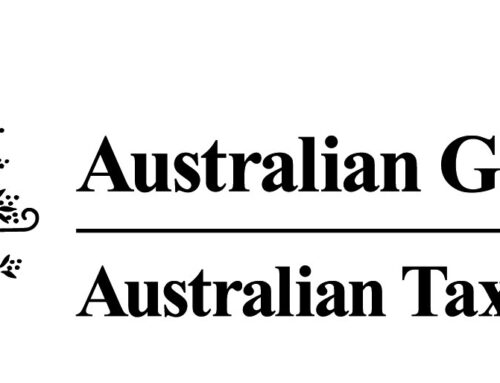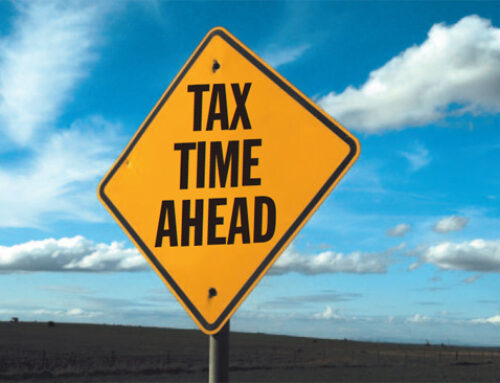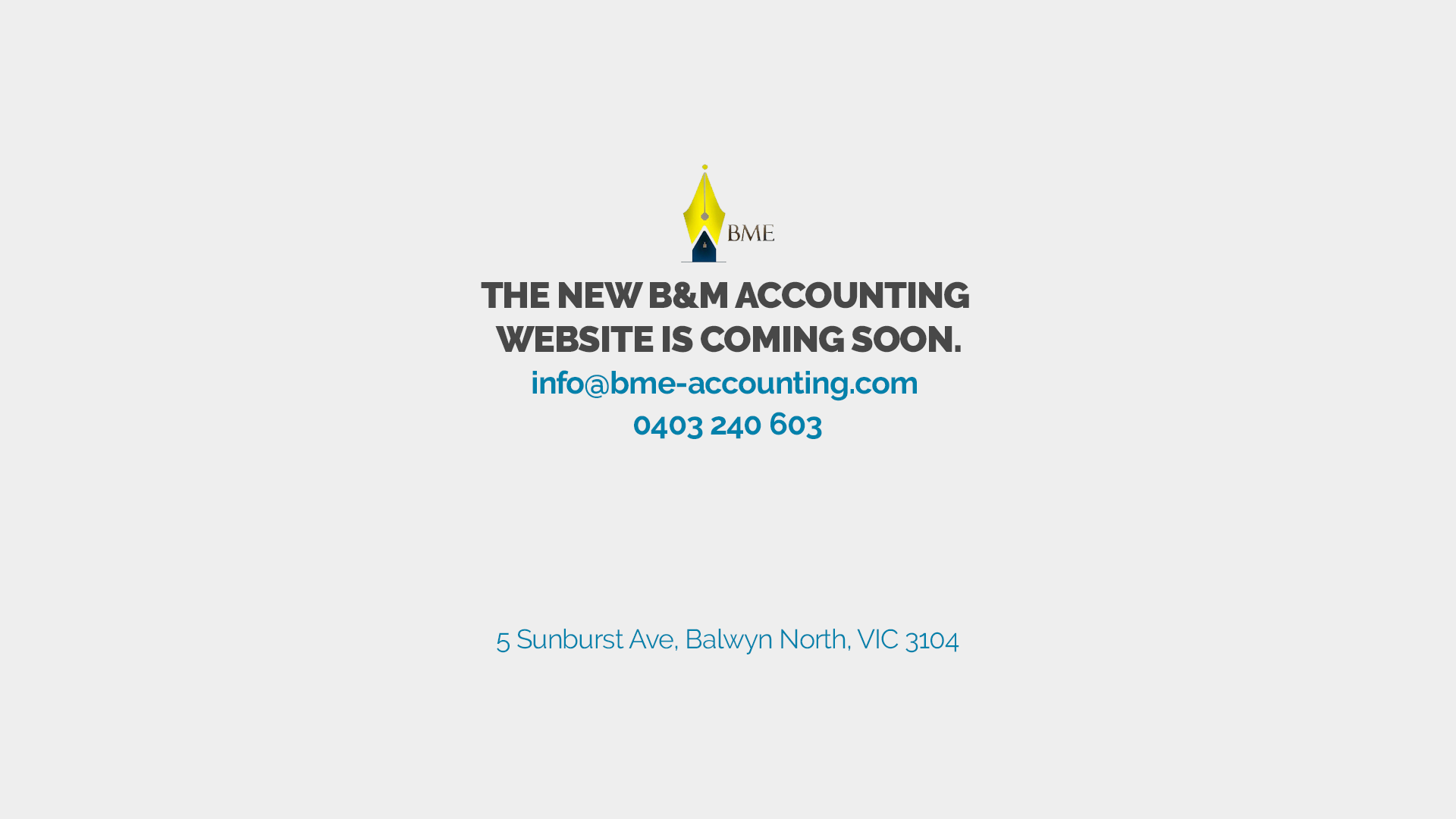It is important to understand the difference between Tax Minimisation and Tax Avoidance
Tax minimization is when you legitimately arrange your tax affairs to reduce the amount of tax you pay. You are entitled to minimize your tax liabilities through Investment activities and to receive the benefits provided for under the law.
Tax avoidance or a tax scheme is an artificial or contrived arrangement to avoid or defer tax obligations. Schemes often involve a series of complex transactions. They typically move funds through several entities, such as trusts, in order to avoid or minimize tax otherwise payable. Schemes may also involve distorting the way funds are being used to enable a taxpayer to claim deductions they are not entitled to.
Taxpayer obligations:
Following are some of the Obligation of Tax Payers in Australia:
Under Australia’s self-assessment tax system, you are responsible for declaring all your assessable income such as Wages & Salary, Business Income, Investments including dividends, distributions, rents, interest etc.
claims you make in your tax return are usually accepted without adjustment and an assessment notice is issued. However, under the laws of self-assessment, the Tax Office is able to review your claims and increase or decrease the amount of tax payable for up to four years after you lodge your return. In some circumstances, anti-avoidance provisions of the law may extend the period of review up to six years.
You are responsible for the correctness of your tax return
TIPS:
Prepay Expenses
Income Protection Insurance
Interest on tax deductible loans
Rent on business premises
Superannuation contributions
Delay invoicing until after 30 June
Donate to charities
Carry out minor repairs to business premises
Take advantage of immediate write off of fixed assets and accelerated depreciation rate
Go through your depreciation schedule to see if you can write off any assets (computers, printers, etc)
Write off uncollectable debts (remember to claim back GST)
Write off/down any old, obsolete, damaged or surplus stock. (Lower of cost or net realisable value)
Stock up on consumables (eg stationery)
Maximise superannuation contributions
Keep a log book for 90 days for motor vehicle expenses
If you have any capital gains, look for any capital losses to offset them
Claim Home Office Expenses
• Computer
• Internet
• Mobile Phones
Other things to remember
Donations are only deductible if your business makes a profit (i.e. they can’t be added to carried forward losses)
Profits from a Trust MUST be distributed – plan those distributions in a discretionary trust
Keep diary notes of minor expenses – parking, newspapers, magazines, etc.) These are accepted by the ATO without having to have a mountain of receipts
A capital gains event occurs on the signing of the contract, so plan for this if possible
Be careful of loans to directors within a company – they can be treated as deemed dividends
Fines are NEVER deductible





